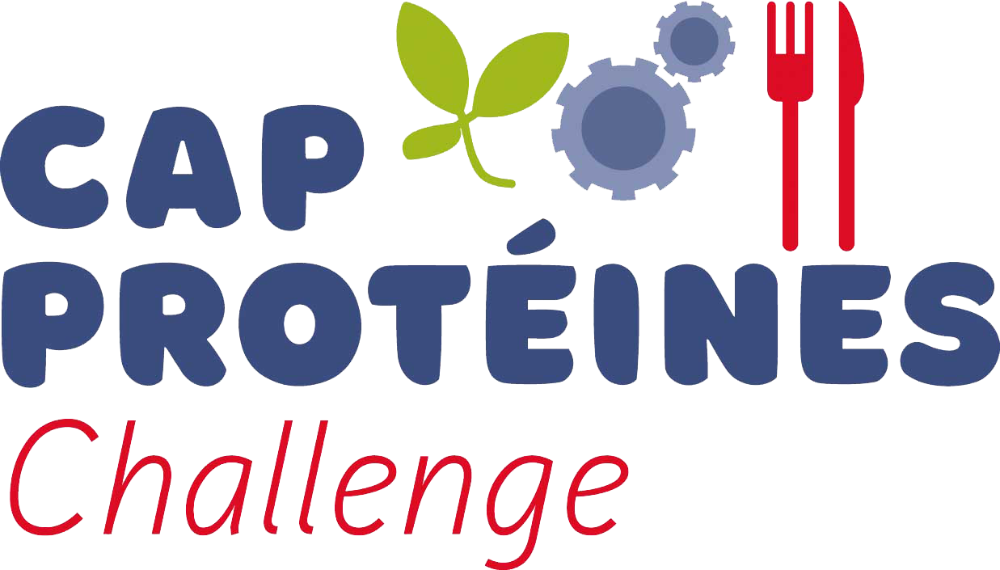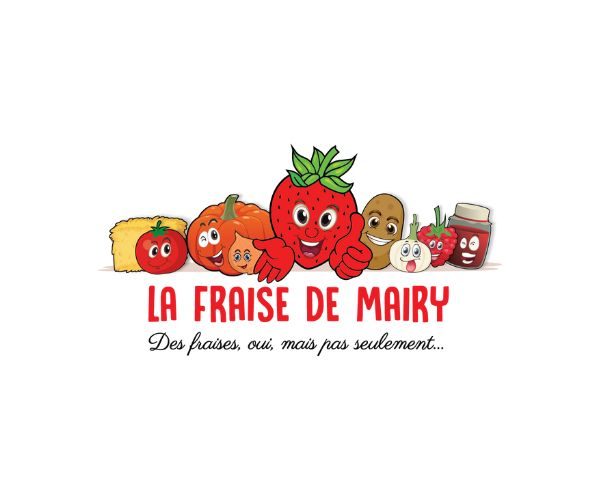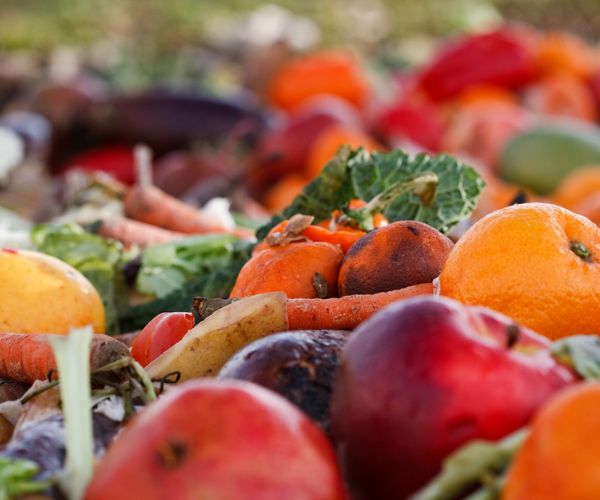Product and process development
Cap Protéines Challenge: a competition for students to innovate around plant proteins
08
Sep

Published on : 08/09/2021
The principle of the Cap Protéines Challenge?
To allow students of all disciplines to participate in a challenge to present an innovative solution around plant proteins. The innovation can concern all the links in the chain from the farmer's field to the consumer's plate.
In concrete terms, the projects pre-selected by a jury November 30, 2021 will be mentored by staff from one of the partner technical centers*.
The final will take place May 10, 2022 in the presence of many experts of the sector.
The winning project of the Cap Protein Challenge will receive a check for 3000 €. and support from a technical center in the sector.
Launched in January 2021 for two years, Cap Protéines is the research, development and innovation program launched by the France Recovery Plan to increase France's plant protein sovereignty. Its management has been entrusted to Terres Inovia and the Institut de l'élevage.
*Terres Inovia, Terres Univia, the CTCPA, theActa - agricultural technical institutesACTIA and ITERG are the technical partners of the Cap Protéines Challenge.
To follow all the news about Cap Protéines : www.cap-proteines.fr
What is protein sovereignty?
This is the level of self-production, which guarantees the sustainability of production and processing chains.
Three objectives:
- To cover the deficit in vegetable proteins in legumes intended for human consumption to meet an increase in demand.
- Reduce France's dependence on imported plant proteins for animal feed, some of which are linked to deforestation or derived from GMO crops.
- Strengthen the protein autonomy of ruminant farms by increasing the production capacity of protein-rich forage and grasslands
Five levers:
- A diversified agriculture that allows secure incomes for producers and breeders, the development of employment in the territories and an adaptation of production to the challenges of climate change and environmental preservation.
- A regular and secure supply of local processors and livestock sectors.
- A sustainable investment in collection, logistics, processing and marketing tools to enhance the diversity of production.
- A reduction in French vulnerability to the rise in global needs for plant and animal proteins.
- Support for competitive industries that guarantee the quality and safety of products.
Our research and development department is entirely focused on agri-food innovation in order to anticipate the food of tomorrow and support the ecological transition.






